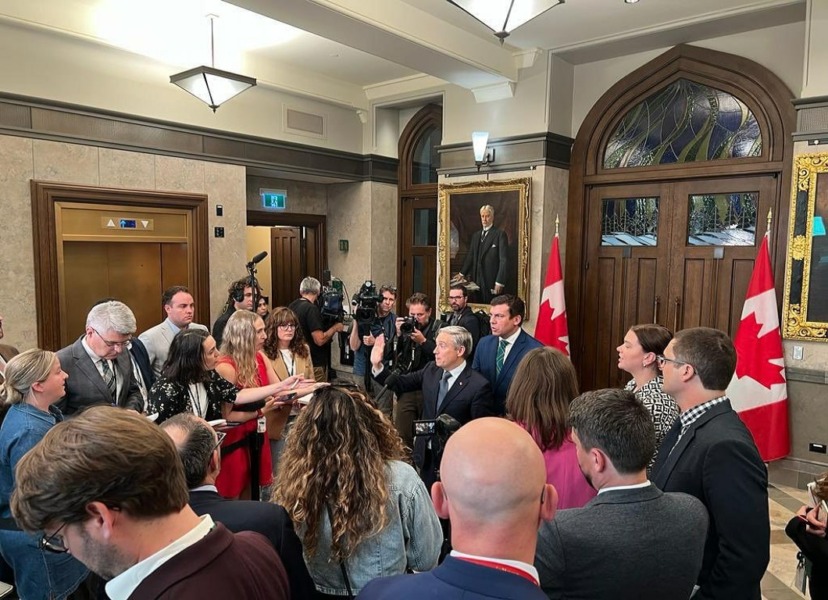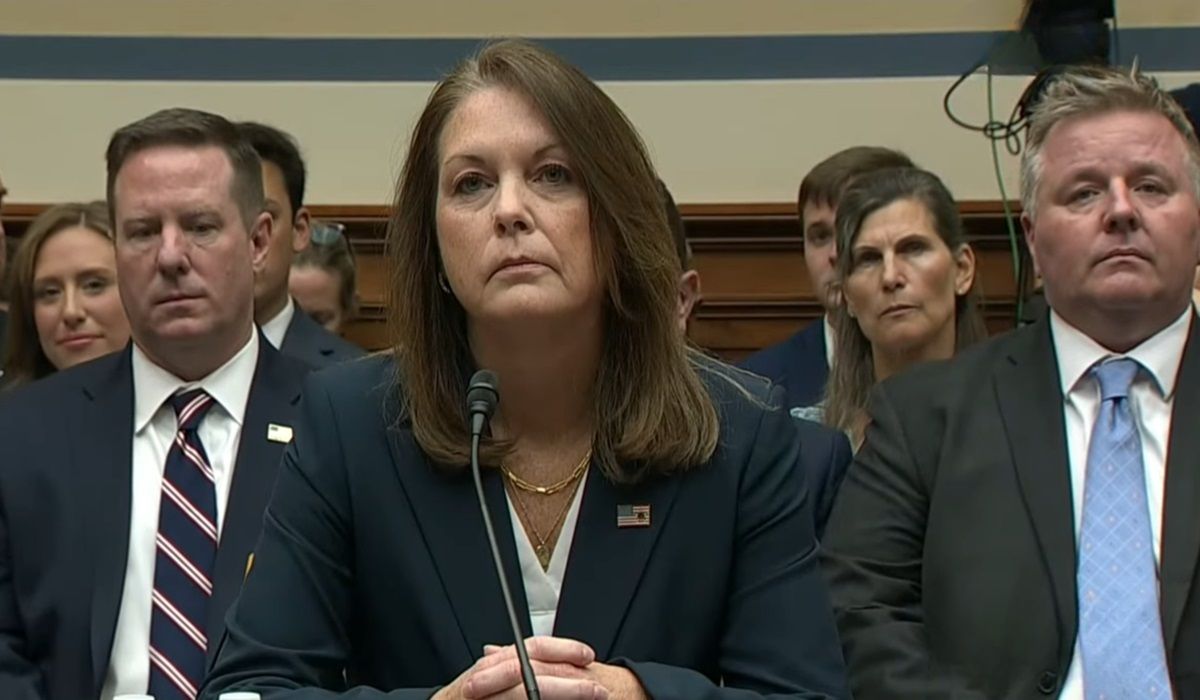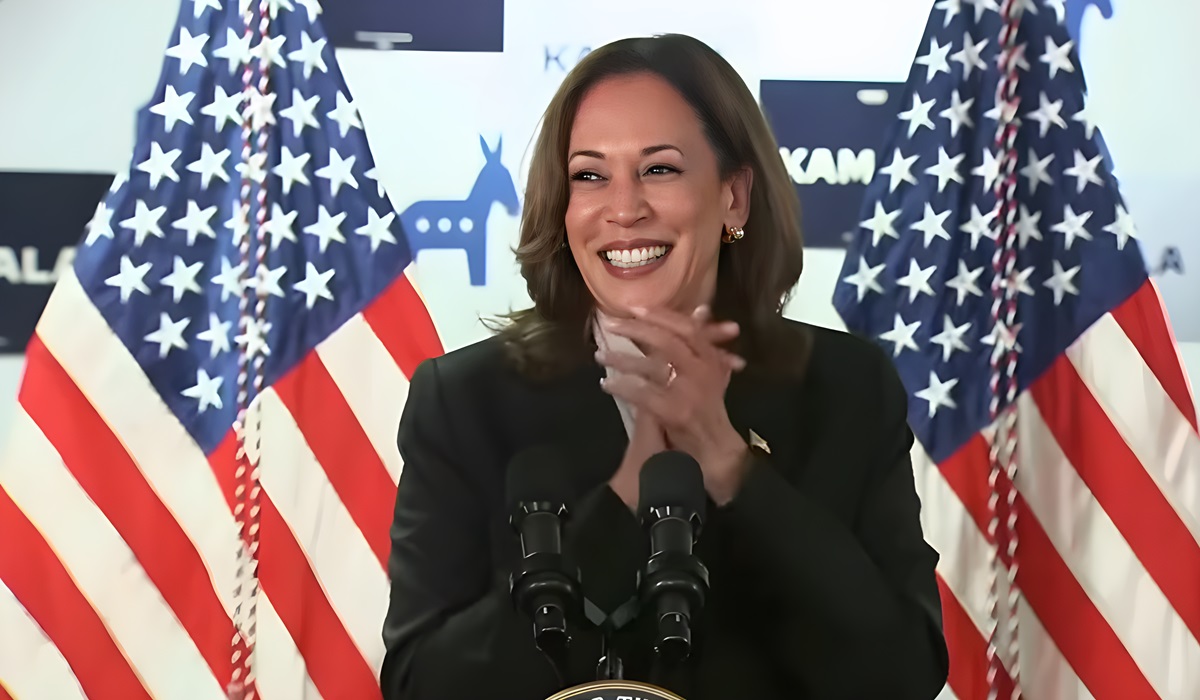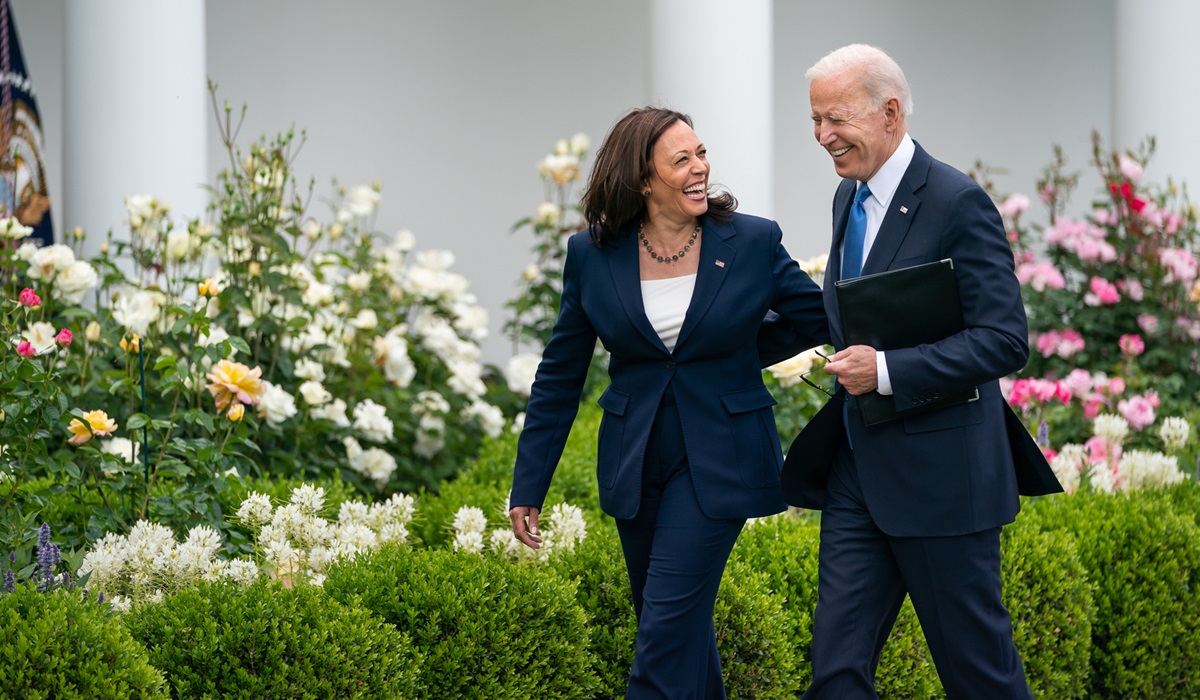Monday eent,a significant meeting took place in Ottawa, bringing together the nation’s top five CEOs and Innovations Minister François-Philippe Champagne to discuss strategies for assisting Canadians and formulating a plan to benefit consumers nationwide. The primary objective was to create a roadmap that guarantees the fruits of economic advancement are reinvested in the Canadian population. This gathering resembles the high-profile hearings where CEOs are summoned before the United States Congress, an event often criticized as a grandiose spectacle. Yet, it leaves us pondering: why didn’t these CEOs already have a comprehensive plan, and was this meeting an exercise in futility?
Skeptics may wonder why these corporate leaders hadn’t devised a consumer-centric strategy beforehand. After all, their companies play a pivotal role in shaping the Canadian economy, and their social responsibility is under constant scrutiny. The absence of a pre-established plan raises questions about their commitment to prioritizing the interests of Canadian consumers and whether this meeting was more about saving face than driving meaningful change.
The timing issue seemed conspicuous as the CEOs diligently worked through the night to assemble a comprehensive report. One might wonder if this gathering was, in fact, a belated response to public pressure or political rhetoric. While the intent appeared genuine, critics could argue that proactive measures, rather than reactive ones, are what the Canadian populace truly needs.
The debate becomes even more complex when considering any plan’s potential ramifications. Economic policies, especially those involving taxation, often have consequences for consumers. While the CEOs’ aim is to ensure the buck is passed back to Canadian consumers, the reality is that the intricate web of economic forces doesn’t always translate intentions into outcomes. For instance, if Ottawa introduces a specific tax targeting grocers, the repercussions could reverberate throughout the entire economy, affecting not only the grocery industry but also the wallets of everyday Canadians.
Essentially, there is no easy answer to ensuring economic prosperity directly benefits consumers. It requires a delicate balancing act that involves multiple stakeholders, including government, corporations, and citizens. The CEOs may attempt to signal their willingness to be part of the solution by engaging in this high-profile meeting. However, the lack of a pre-existing plan and the potential pitfalls of implementing new policies raise valid concerns about the effectiveness of their efforts.
The meeting in Ottawa served as a reminder of the ongoing dialogue between corporate leaders and government officials, with the common goal of improving the lives of Canadians. While skepticism persists about the timing and motives behind such gatherings, it is essential to recognize the importance of collaborative efforts to address complex economic challenges. Whether the plan devised by these CEOs will truly benefit Canadian consumers remains to be seen, but it underscores the significance of continuous engagement and vigilance in ensuring that economic progress translates into real gains for the people of Canada.
Image source Champagne Twitter feed









